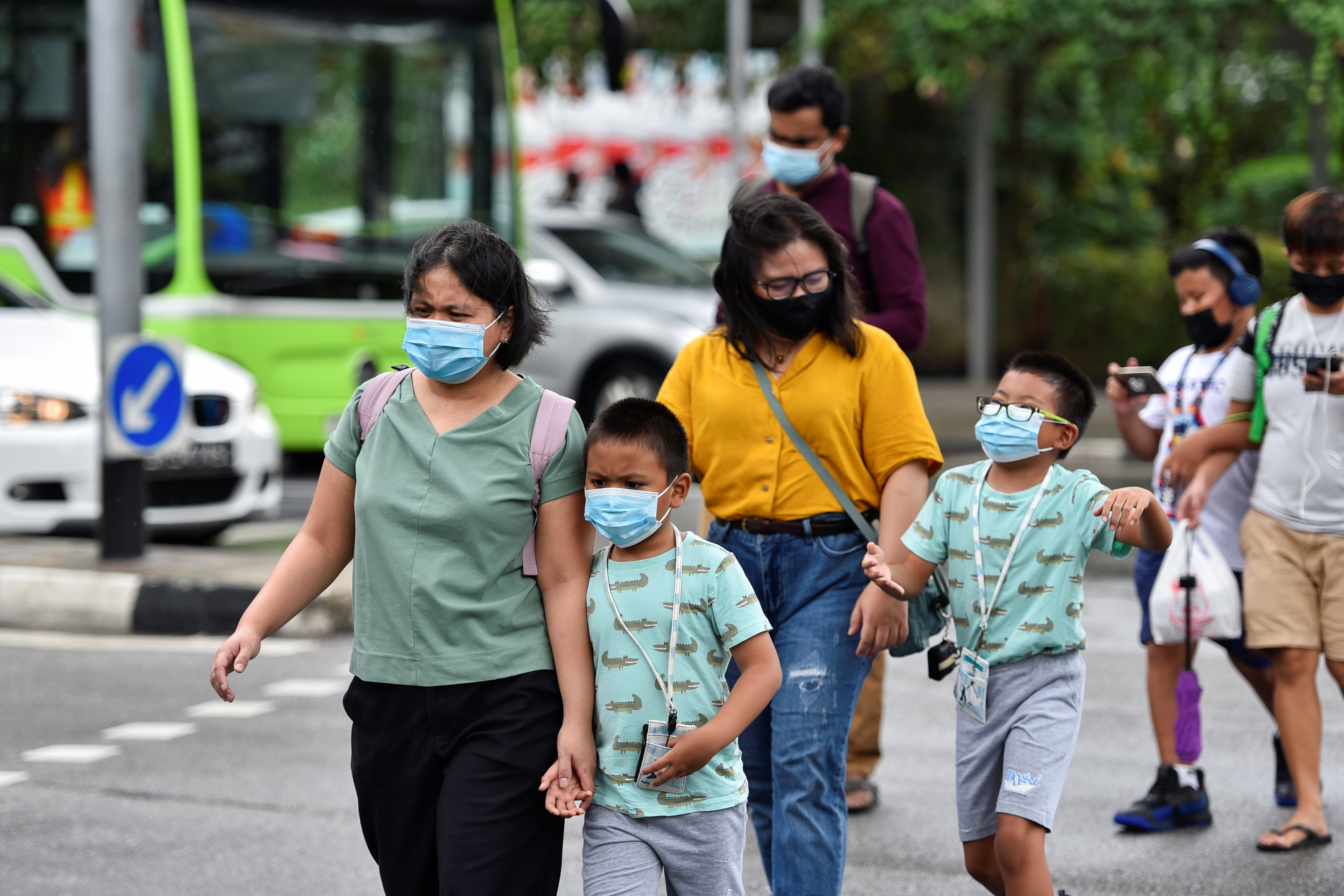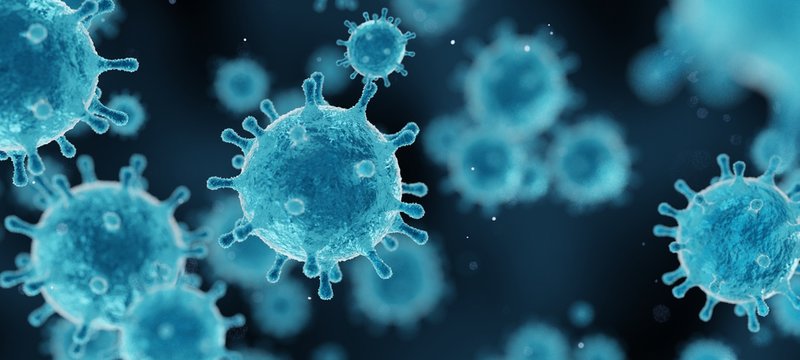As a parent, it’s natural to be concerned about the emergence of new COVID-19 variants, especially when they start making headlines. Recently, the KP.1 and KP.2 variants have hit Singapore with another wave of COVID-19, accounting for more than two-thirds of cases.
These strains belong to a new family of subvariants called “FLiRT,” which is also spreading in other parts of the world. Let’s dive into what we know about these new variants and how they might affect your family.
What Are the KP.1 and KP.2 Variants?
The KP.1 and KP.2 variants are descendants of the JN.1 variant, which is an offshoot of the Omicron variant. Scientists have nicknamed this group of variants “FLiRT” based on the technical names of their mutations.
The KP.2 strain, in particular, seems to be spreading faster than KP.1 and has been classified by the World Health Organization as a Variant Under Monitoring.
More Infectious?

Source: iStock
While the US Centers for Disease Control and Prevention (CDC) and Singapore’s Health Ministry have stated that KP.2 isn’t causing more severe illness than other variants, some experts suggest that slight differences in KP.2’s spike protein might make it better at evading immune defences and slightly more infectious than JN.1.
More Severe Symptoms?
The good news is that the symptoms for KP.1 and KP.2 are the same as earlier variants, and there’s no indication that these variants lead to more severe illness. However, repeat infections could raise the risk of developing long-COVID, which is a concern for many parents.
Are Current Vaccines Effective Against the KP.1 and KP.2 Variants?

Source: Reuters
Studies suggest that the current vaccines designed around Omicron XBB.1.5 may be less effective in preventing infections with KP.1 and KP.2.
However, scientists emphasize that vaccination is the best protection against severe illness. Singapore’s Health Ministry data shows that during the peak of the previous JN.1 wave, unvaccinated seniors aged 60 and above had a 25% higher incidence rate of COVID-19 hospitalizations and intensive care admissions than those who had kept their vaccination updated.
What Can Parents Do to Protect Their Families?
As a parent, stay informed about the latest developments in COVID-19 variants and continue to follow public health guidelines. Encourage your family members to get vaccinated, practice good hygiene, and stay home if they feel unwell.
If you’re concerned about your child’s symptoms or have any questions, reach out to your healthcare provider for guidance without hesitation.

Source: Adobe Stock
While the emergence of new COVID-19 variants like KP.1 and KP.2 can be worrying, remember that we’re better equipped to handle these challenges than we were at the start of the pandemic.
By staying vigilant, keeping our vaccinations up to date, and following public health advice, we can help protect our families and communities from the ongoing threat of COVID-19.
Stay safe, stay informed, and don’t forget to give your little ones an extra hug during these challenging times!
ALSO READ
AstraZeneca Withdraws COVID-19 Vaccine Worldwide, Citing Surplus of Newer Vaccines
Secondary 3 Students Invited to NDP NE Shows After Missing out Due to COVID-19 Restrictions
On 10-Year-Old Sophie’s Journey with Long Covid